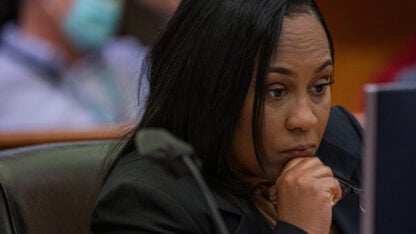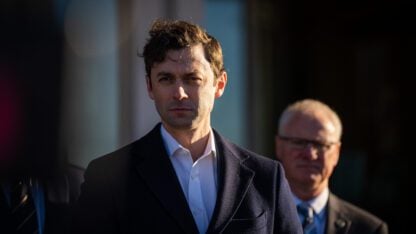U.S. Surgeon General Vivek Murthy has described the problem of social isolation and loneliness as a public health crisis, saying it carries a comparable risk to daily smoking.
Even though Atlanta is a populous city, a survey by the U.S. Census Bureau shows Atlanta has one of the highest percentages of residents who identify as feeling lonely.
In a 2023 report, Murthy said that these conditions can raise the risk of heart disease, stroke, dementia and mental health problems like depression and anxiety.
On the other hand, social connectedness has been tied to significant health benefits, including improved cognitive health and a decreased risk of dementia.
For the first installment of our “Six Million and Lonely” series, we spoke to residents in Atlanta about how they define loneliness in their own lives, as well as heard from public health officials, including Dr. Murthy and Dr. Kathy Bruss, who works on social isolation and loneliness research for the Centers for Disease Control and Prevention.
The effects of loneliness can be especially acute for groups that are already marginalized, “For example, people with chronic conditions and disabilities, people with low income, people in rural communities who don’t have access to resources, people who identify as LGBTQ+, and certain age groups,” said Bruss.
Julien Virgin and Christopher Alston contributed to this story.











